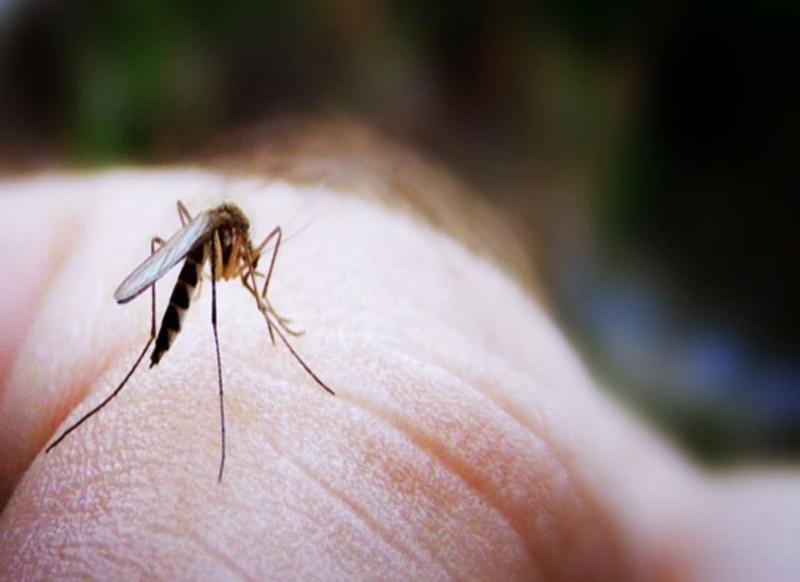Experts warns of zoonotic diseases risk in Türkiye
ISTANBUL - Demirören News Agency

There has been an increase in zoonotic diseases in Türkiye due to global warming, with the number of mosquitoes also skyrocketing, an expert has said.
“Global climate change is not a disaster on its own, it is a multiplier that strengthens meteorological disasters and complicates ecological problems,” said professor Mikdat Kadıoğlu, the head of Istanbul Technical University’s (İTÜ) meteorological engineering department.
It is expected to exacerbate droughts, floods, forest fires, locust invasions and epidemics, which have existed since the beginning of history, he added.
“One of the effects of global warming is that Türkiye, which is a semi-arid country, is getting drier,” said Kadıoğlu, adding that problems such as rising water levels and salinization will occur on Türkiye’s coasts with a total length of 8,880 kilometers.
“As Türkiye warms, there has been an increase in zoonotic diseases, diseases transmitted from animals to humans, as in tropical climates,” the expert said.
Mosquitoes, which kill 1 million people a year and cause malaria and similar diseases, are at the top of these dangers, according to Kadıoğlu, noting that the number of mosquitos in Türkiye skyrocketed.
The World Health Organization (WHO) shows Türkiye’s Southeastern Anatolia region as a “malaria region,” he stressed.
“In the future, Türkiye will have to train more tropical disease specialists and open more outpatient clinics for tropical diseases,” the expert suggested.
Parasites and insects come to life earlier as the temperatures are more suitable and they survive longer, Kadıoğlu explained.
“It will take time to adapt to the insects and plants that people in the northern provinces encounter for the first time,” he said, adding that diseases such as the West Nile Virus have become particularly troubling.
Experts have previously warned the municipalities and the residents of the country’s western coastal provinces to take strict measures against the danger of the virus that has caused 11 deaths in Greece in just a week.
















